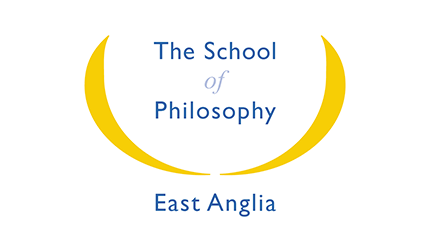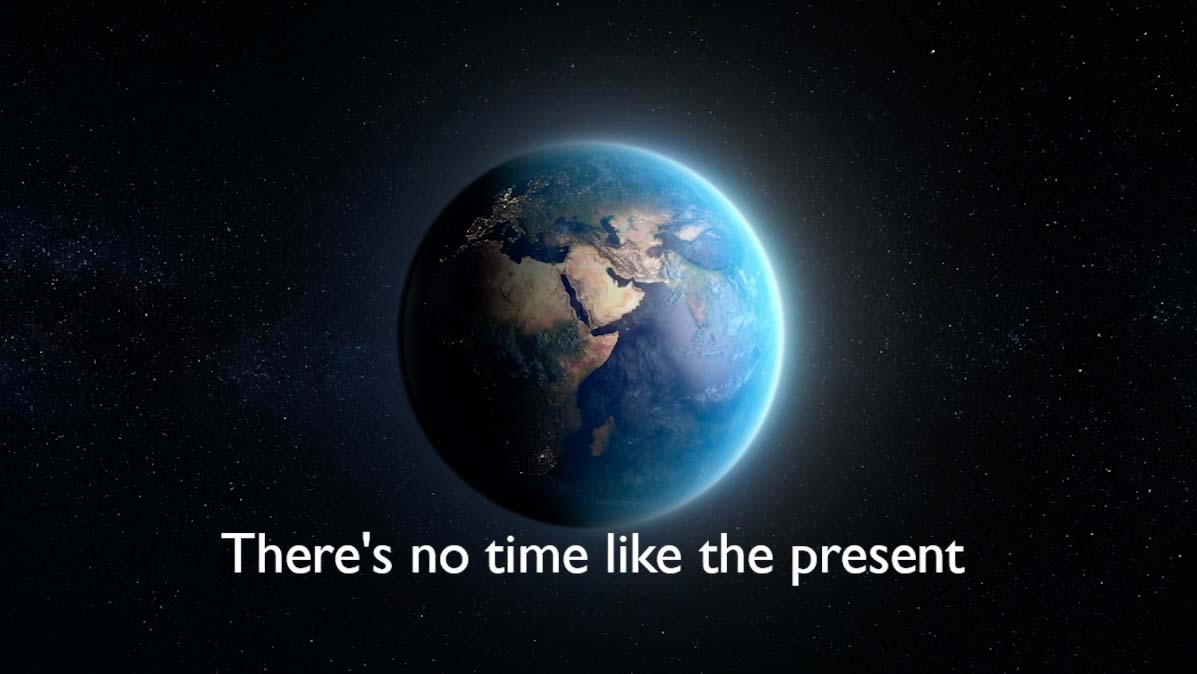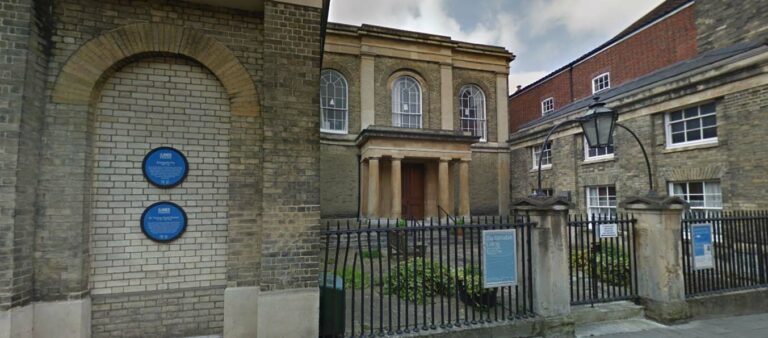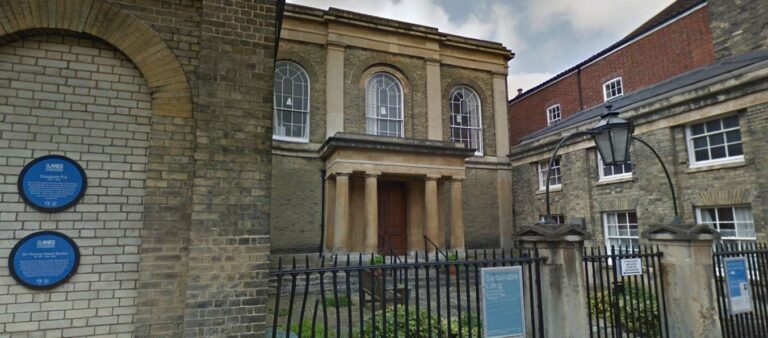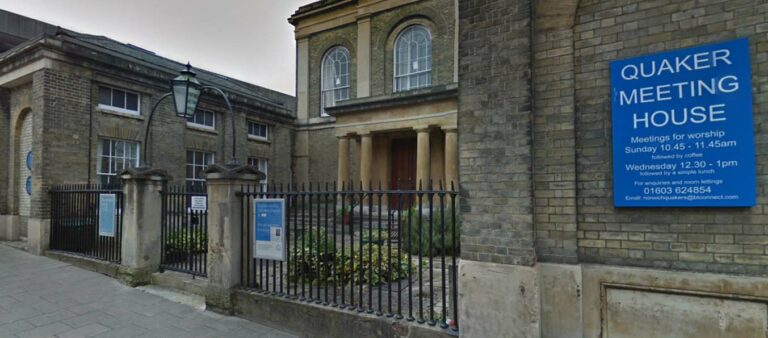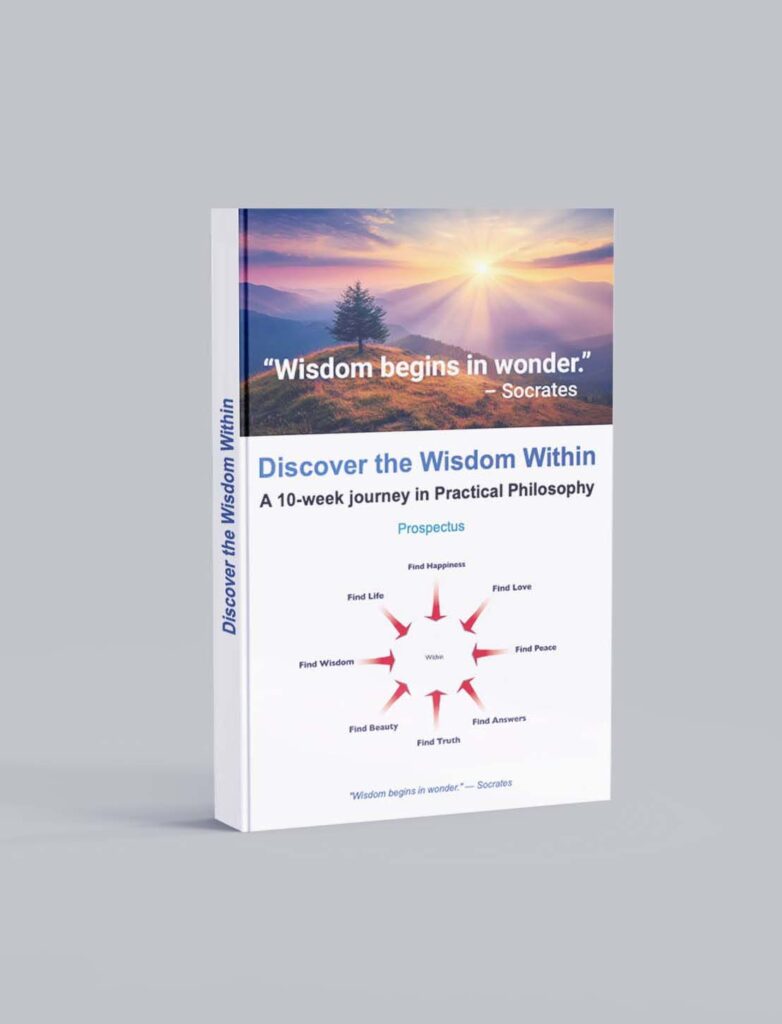Explore Life To The Full… through 10 weekly sessions
The Norwich course offers a practical means to discover fully who we are, understand how to relate to the world we live in and see what gets in the way of being happy, peaceful and free.
Students are invited to see life as a place to test the words of the wise through practical and mindful exercises.
The 10 weekly sessions explore central human questions through discussion, practical observation, conversation and reflection in good company.
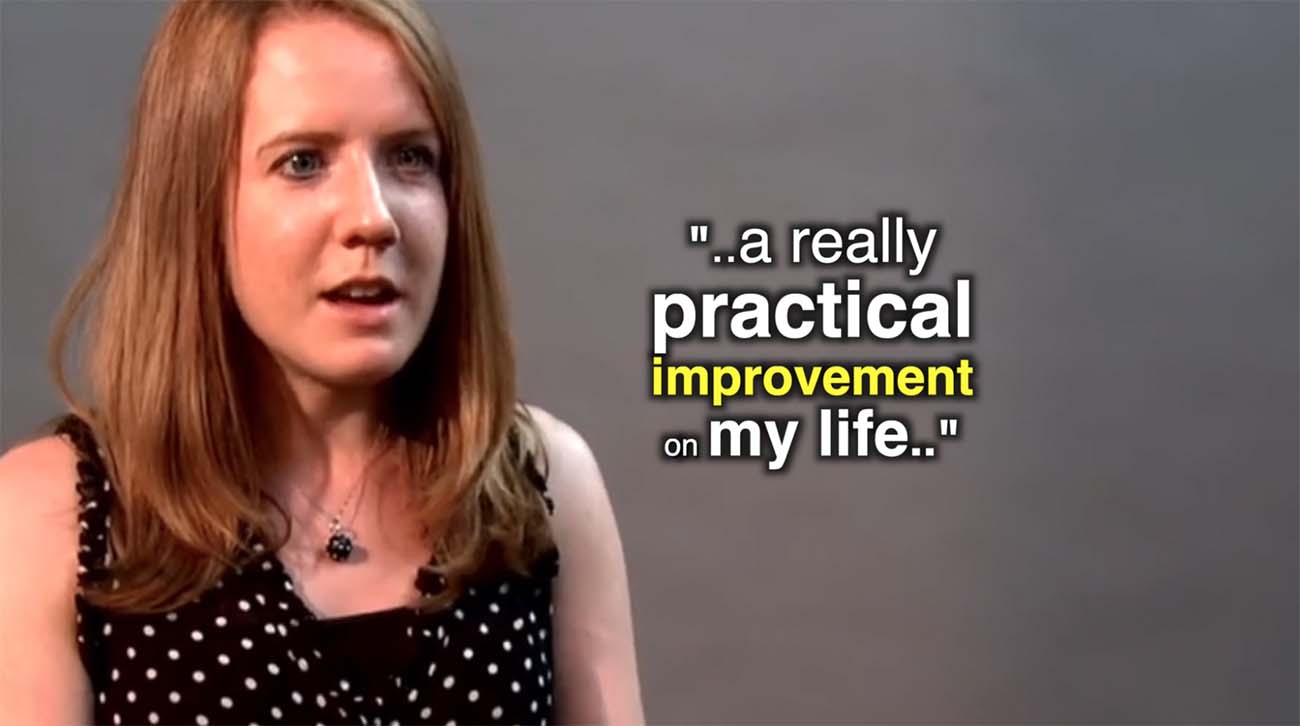
The Journey
Foundation Course: “Wisdom – Living life happily and True to Yourself.”
The Wisdom Within 10week course topics >
What is beauty?
Is there such a thing as absolute beauty?
Beauty has the capacity to open the heart and bring delight. In this session we discuss our direct experience of beauty in its different form: of the sensory world, of thought, of feelings, of the inner nature, and of conduct.
We consider Plato’s idea of there being ultimately one beauty – beauty absolute – ‘not knowing birth or death, growth or decay’.
Location
- Friends Meeting House, Upper Goat Lane, Norwich, NR2 1EW
Practical Philosophy Course Enrolment
Next Introductory course in Norwich
- Starts on
- TBC Sept 2026 (7:45pm - 9:45pm)
